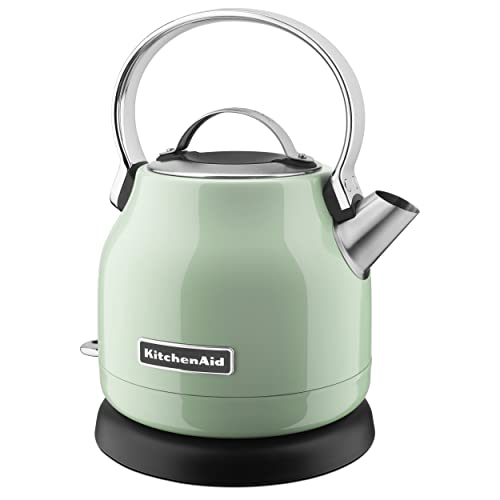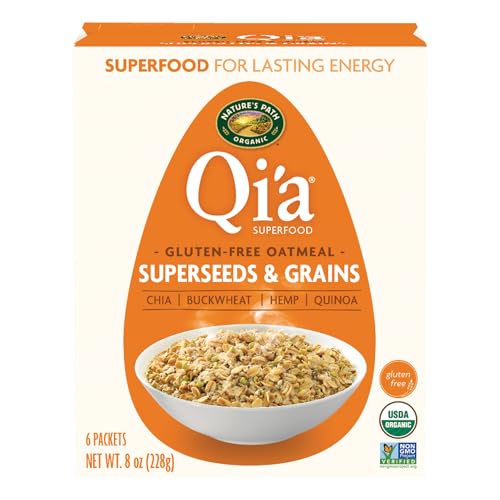When it comes to boiling water in a plastic electric kettle, many people have concerns about the safety of this practice. Plastic is known to release chemicals when exposed to high temperatures, and the thought of ingesting these chemicals with our boiled water can be worrisome. In this article, we will explore whether it is safe or not to boil water in a plastic electric kettle and what precautions you can take to minimize any potential risks.
Firstly, it is important to note that not all plastic electric kettles are created equal. Some kettles are made with high-quality, food-grade plastic that is specifically designed to be safe for boiling water. These plastics are free from harmful chemicals such as BPA (bisphenol A) and phthalates, which can leach into the water and pose health risks. It is recommended to look for kettles that are labeled as BPA-free or made from materials like polypropylene or polyethylene, which are considered food-safe plastics.
Secondly, it is crucial to follow the manufacturer’s instructions and guidelines for using your plastic electric kettle. Overheating a plastic kettle beyond its recommended temperature can increase the chances of chemical leaching. Always ensure that you do not exceed the maximum fill line and avoid boiling the kettle when it is empty. Additionally, avoid using sharp or metal utensils that can scratch the inside of the kettle, as these scratches can provide a breeding ground for bacteria.
In conclusion, boiling water in a plastic electric kettle can be safe as long as you choose a high-quality, BPA-free kettle and follow the manufacturer’s instructions. By taking these precautions, you can minimize any potential risks associated with boiling water in plastic. However, if you still have concerns, an alternative option could be to invest in a stainless steel or glass electric kettle, which eliminates the worry of plastic chemicals altogether.
The Risks of Boiling Water in Plastic Electric Kettles
Plastic electric kettles are a convenient and popular option for boiling water quickly. However, there are some potential risks associated with using plastic electric kettles that need to be considered.
1. BPA and other chemicals:
Many plastic electric kettles are made from polycarbonate plastic, which can contain Bisphenol A (BPA) and other chemicals. BPA is a chemical that has been linked to various health issues, including hormonal disruptions and an increased risk of certain cancers.
While BPA has been phased out of many products, it may still be present in older or lower-quality plastic electric kettles. When heated, these chemicals can potentially leach into the boiling water, which can then be consumed.
2. High temperatures:
Plastic melts and deforms at high temperatures. Most plastic electric kettles have a maximum temperature that they can handle, and exceeding this temperature can lead to the release of harmful chemicals. Boiling water in a plastic electric kettle for an extended period of time can increase the risk of the plastic degrading and potentially contaminating the water.
3. Contaminants:
Plastic electric kettles are more prone to accumulate mineral deposits, mold, and bacteria compared to metal or glass kettles. These contaminants can affect the taste and odor of the boiled water and potentially pose health risks if consumed.
4. Durability and longevity:
Plastic electric kettles may not be as durable as those made from metal or glass. The plastic can crack, warp, or degrade over time, increasing the risk of leaks or irritants being released into the boiling water. Replacing a plastic kettle more frequently due to wear and tear can be costly and contribute to increased waste.
To minimize the risks associated with boiling water in plastic electric kettles, consider the following:
- Choose BPA-free plastic electric kettles or opt for kettles made from stainless steel or glass.
- Do not exceed the maximum temperature recommended by the manufacturer.
- Regularly clean and descale the kettle to prevent mineral buildup.
- Consider investing in a high-quality plastic electric kettle from a reputable brand.
- If you notice any signs of degradation or damage, replace the kettle to ensure safety.
Ultimately, the decision to use a plastic electric kettle boils down to personal preference and weighing the potential risks against the convenience it offers. By being aware of the possible hazards and taking preventative measures, you can make an informed choice and minimize any potential health risks.
Alternative Options for Boiling Water
If you are concerned about the safety of boiling water in a plastic electric kettle, there are several alternative options you can consider:
1. Stainless Steel Electric Kettle
One alternative to a plastic electric kettle is a stainless steel electric kettle. These kettles are made from food-grade stainless steel, which is a safe and durable material for heating water. Stainless steel is also easy to clean and does not retain flavors or odors.
2. Glass Electric Kettle
Another option is a glass electric kettle, which is made from heat-resistant borosilicate glass. This type of kettle is transparent, allowing you to see the water boiling. Glass is non-reactive and does not release any harmful substances when heated, making it a safe choice for boiling water.
3. Stovetop Kettle
If you prefer the traditional method of boiling water, you can use a stovetop kettle. These kettles are typically made from stainless steel or cast iron. They can be placed directly on a stovetop burner, allowing for precise temperature control and a faster boiling time compared to electric kettles.
4. Instant Hot Water Dispenser
If you frequently require hot water, you may consider investing in an instant hot water dispenser. These devices are installed next to your sink and provide a continuous supply of hot water at the desired temperature. Instant hot water dispensers are usually made from stainless steel and offer a convenient and safe solution for boiling water.
When choosing an alternative option, it’s important to select a kettle or device made from safe materials like stainless steel or borosilicate glass. Depending on your preferences and needs, there are various options available on the market that provide a safe and efficient way to boil water.
Choosing a Safe Electric Kettle for Boiling Water
When it comes to boiling water in a plastic electric kettle, safety should be a top priority. With so many options available in the market, it’s important to choose a kettle that is safe and reliable. Here are some factors to consider when selecting an electric kettle for boiling water:
- Material: Look for kettles made from BPA-free plastic or stainless steel. BPA (bisphenol A) is a harmful chemical commonly found in plastics and can leach into hot water, posing health risks.
- Capacity: Consider the amount of water you typically boil and choose a kettle with an appropriate capacity. Overfilling the kettle can cause spills and accidents.
- Heating Element: Opt for an electric kettle with a concealed heating element. This design helps prevent direct contact between the heating element and the water, minimizing the chances of chemical reactions or mineral deposits affecting the water quality.
- Safety Features: Look for kettles with built-in safety features such as automatic shut-off and boil-dry protection. These features offer peace of mind and protect against overheating or damage caused by inadequate water levels.
- Temperature Control: Some electric kettles come with temperature control options, allowing you to choose the desired water temperature for different beverages. This feature can be handy if you often prepare specific drinks that require precise water temperature.
It’s also important to follow the manufacturer’s instructions for proper use and maintenance of the electric kettle. Regular cleaning and descaling can help prolong the kettle’s lifespan and maintain water quality.
Remember, boiling water in a plastic electric kettle may present certain risks, so it’s crucial to choose a kettle that prioritizes safety and minimizes potential health hazards. By considering these factors, you can make an informed decision and enjoy boiling water without compromising your well-being.
Q&A
Can I boil water in a plastic electric kettle?
Yes, it is generally safe to boil water in a plastic electric kettle. Most electric kettles are made with BPA-free plastic and are designed to withstand high temperatures.
Is the plastic used in electric kettles toxic?
No, the plastic used in electric kettles is typically not toxic. Manufacturers use BPA-free plastic in their products, which is considered safe for boiling water.
Are there any health risks associated with boiling water in a plastic electric kettle?
No, boiling water in a plastic electric kettle is not associated with any significant health risks. However, it is important to ensure that the kettle is made with BPA-free plastic and to avoid using kettles with visible signs of wear or damage.
What precautions should I take when boiling water in a plastic electric kettle?
When using a plastic electric kettle, it is important to make sure that the kettle is made with BPA-free plastic and is in good condition without any visible signs of wear or damage. Additionally, it is advisable to use filtered water to minimize any potential impurities in the water.
Is it safe to boil water in a plastic electric kettle multiple times?
Yes, it is safe to boil water in a plastic electric kettle multiple times. The kettle is designed to withstand repeated use and high temperatures without any negative effects on the plastic or the water being boiled.








